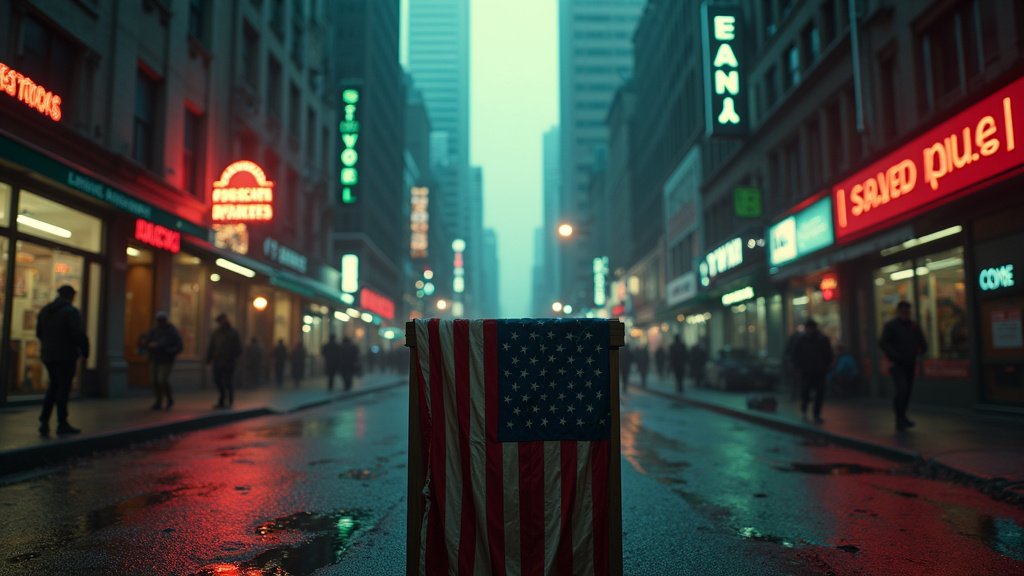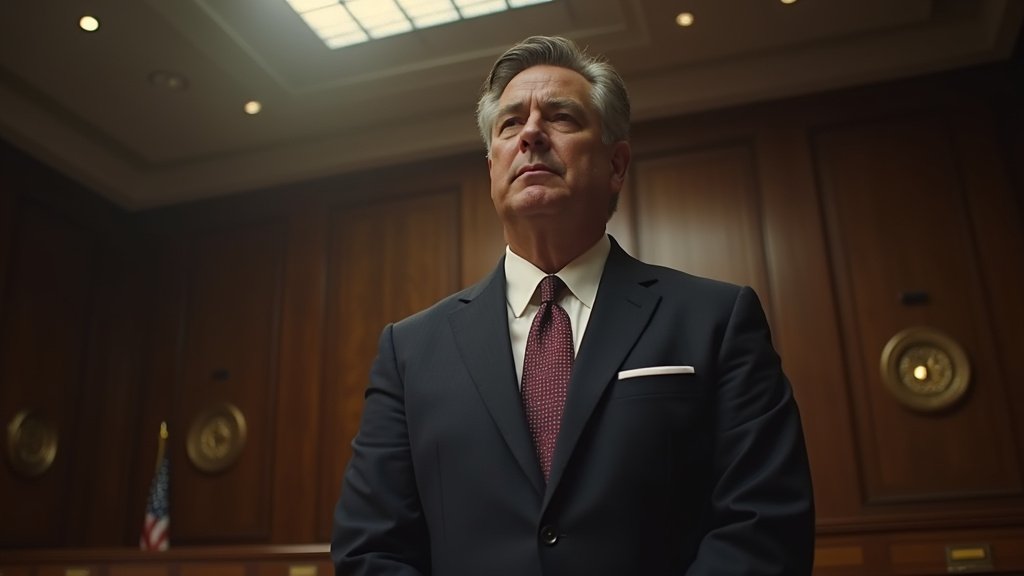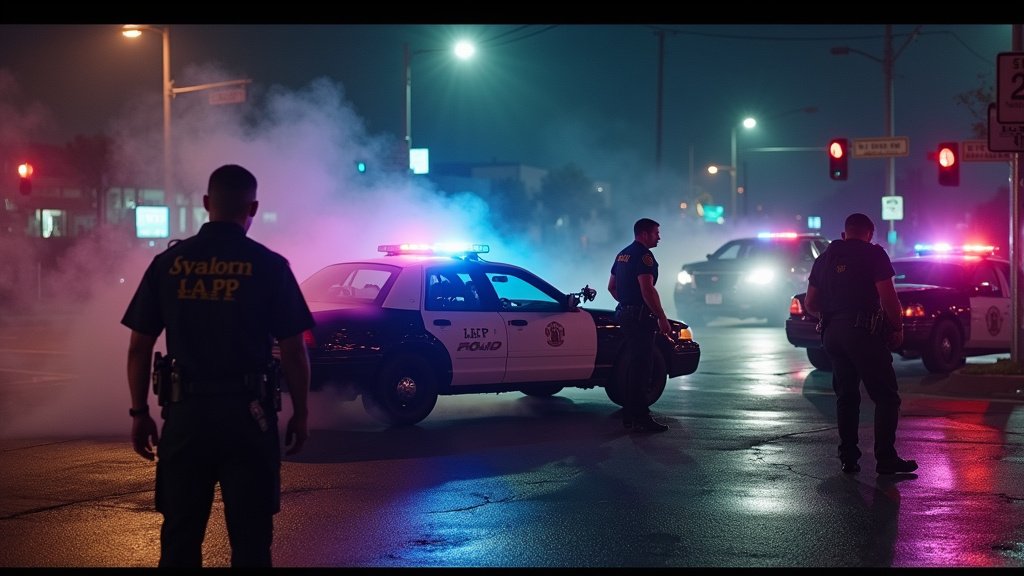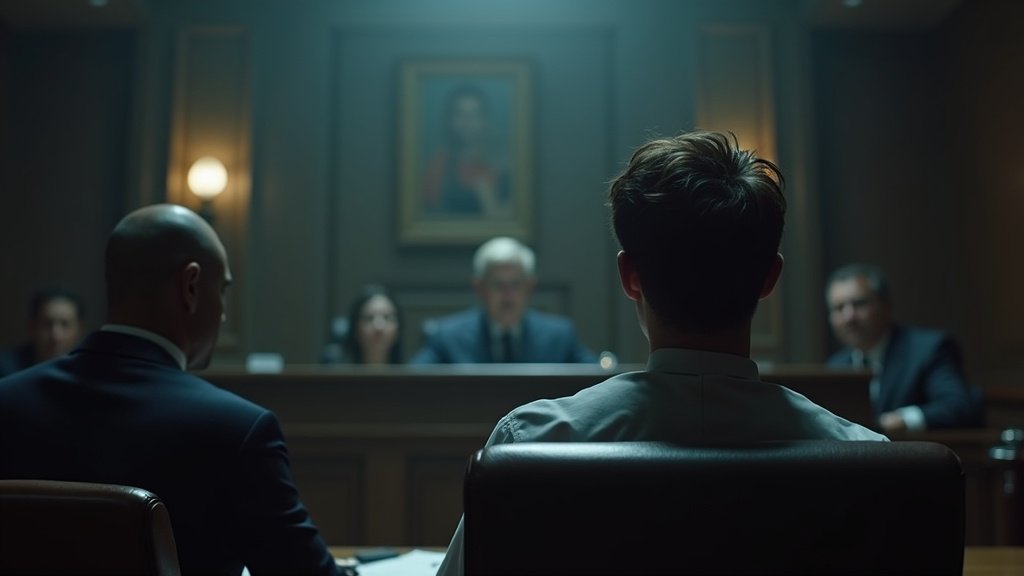The intersection of politics, public safety, and market dynamics has become a defining characteristic of the contemporary U.S. landscape, with sharp political polarization creating both challenges and perceived opportunities. As national discourse intensifies around crime in major urban centers, the resulting policy debates and partisan maneuvering are increasingly translating into market volatility and strategic realignments for investors.
The Political Spotlight on Urban Crime
President Donald Trump has consistently placed urban crime at the forefront of his political platform, frequently criticizing cities led by Democratic politicians for perceived failures in maintaining public safety. This strategy often involves proposals for federal intervention, including the deployment of National Guard troops, particularly in cities like Chicago. His rhetoric frequently frames these urban areas as “war zones” and accuses Democrats of negligence or using “anti-Trump demagoguery” to mask these issues.
This approach places Democrats in a challenging position, often forcing them to navigate the delicate balance between upholding civil liberties and demonstrating a “tough on crime” stance. While many Democratic leaders emphasize community-based programs, violence intervention strategies, and addressing root causes like poverty and mental health, they also face pressure to acknowledge and respond to public concerns about safety. The political news surrounding these debates highlights a fundamental disagreement on the efficacy and appropriateness of federal versus local control in public safety matters.
Contrasting Realities: Los Angeles and Chicago
The narrative around urban crime is complex and varies by city. In Los Angeles, recent data indicates a significant positive trend. Homicides and overall crime rates have seen substantial decreases throughout 2024 and into early 2025, with the city on pace for its lowest homicide total in nearly 60 years. Mayor Karen Bass has attributed these improvements to targeted programs such as Gang Reduction and Youth Development (GRYD) zones and community safety partnerships. Despite these citywide gains, specific neighborhoods within Los Angeles continue to be areas of focus for law enforcement.
Chicago presents a more debated picture. While some reports highlight “historic declines” in violent crime, homicides, and shootings in the first half of 2025 under Mayor Brandon Johnson, attributing this to a holistic approach including increased detectives and community violence intervention, other narratives, particularly those aligned with President Trump’s platform, continue to characterize the city as struggling with high crime rates and low arrest rates. Threats of federal intervention and critiques of local leadership persist in the political news cycles concerning Chicago.
Market Implications of Political Polarization
Beyond the immediate impact on urban safety, the heightened political polarization is having a significant effect on financial markets. The deep ideological divides contribute to legislative gridlock, creating uncertainty around regulatory and tax policies, which in turn fuels market volatility. Investors are increasingly aligning their portfolios with their political ideologies, leading to partisan asset allocation and a search for safe-haven assets like gold amid geopolitical and economic uncertainty.
Trade tensions, particularly between the U.S. and China, along with broader geopolitical risks, are expected to continue influencing market performance into 2025. Corporate strategies are also becoming more influenced by political considerations, further fragmenting market dynamics. The focus on crime by President Trump, for instance, has been noted as a political strategy that resonates with a significant portion of the electorate, influencing public opinion and potentially shaping electoral outcomes and subsequent policy directions.
Navigating Uncertainty
As political leaders debate the best path forward for urban safety, the broader economic implications are substantial. The intense political discourse surrounding crime, coupled with escalating geopolitical tensions and policy uncertainty, creates a challenging environment for markets. The divergence between actual crime statistics in cities like Los Angeles, which show marked improvement, and the persistent political narrative of widespread urban decay, underscores the complex interplay between perception, policy, and economic outcomes. The spotlight on these issues will undoubtedly continue to shape investment strategies and public discourse, demanding a nuanced understanding of both political machinations and their tangible effects on markets and communities alike.





